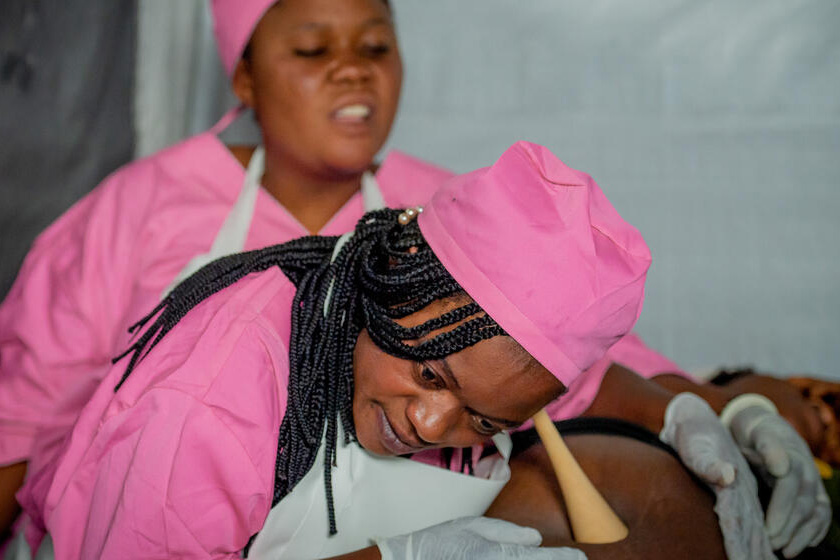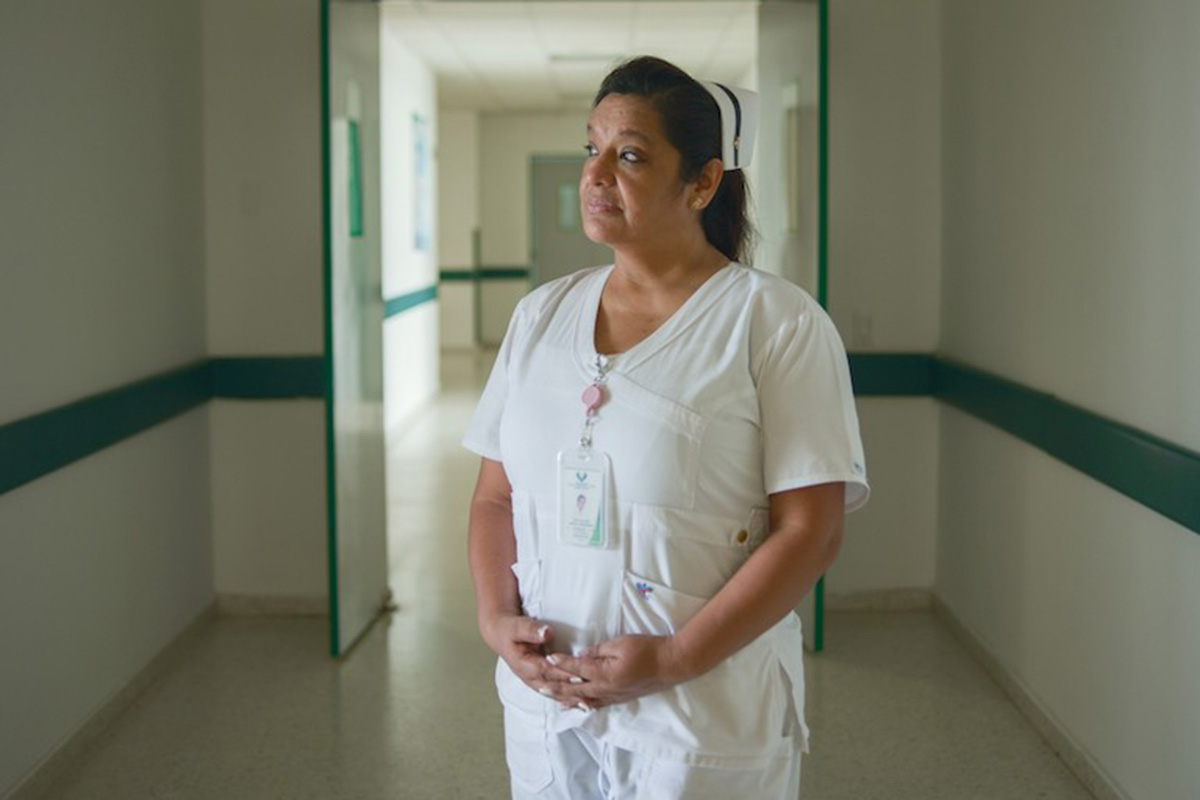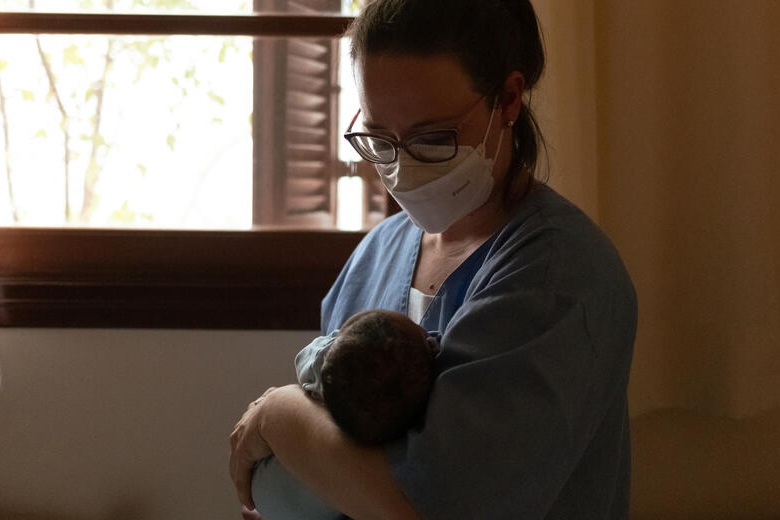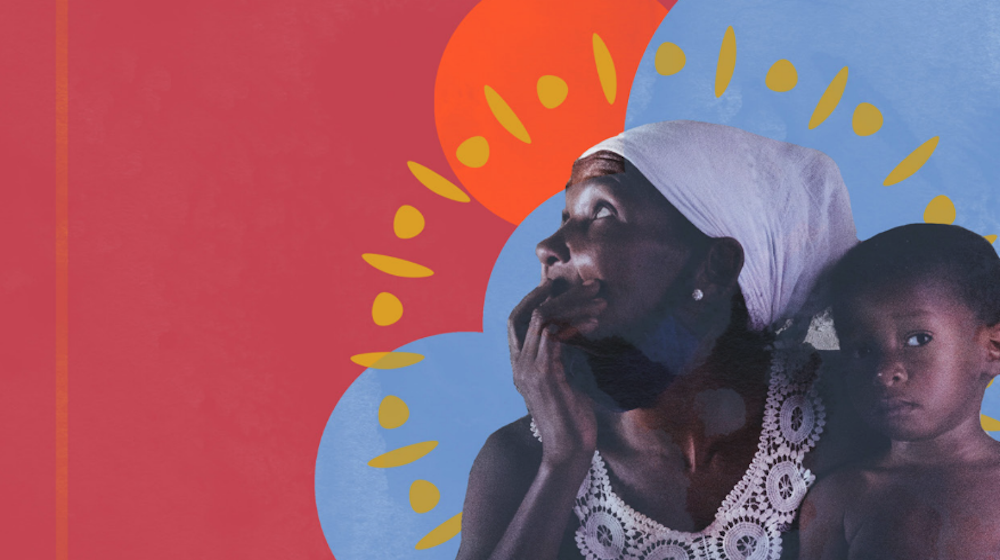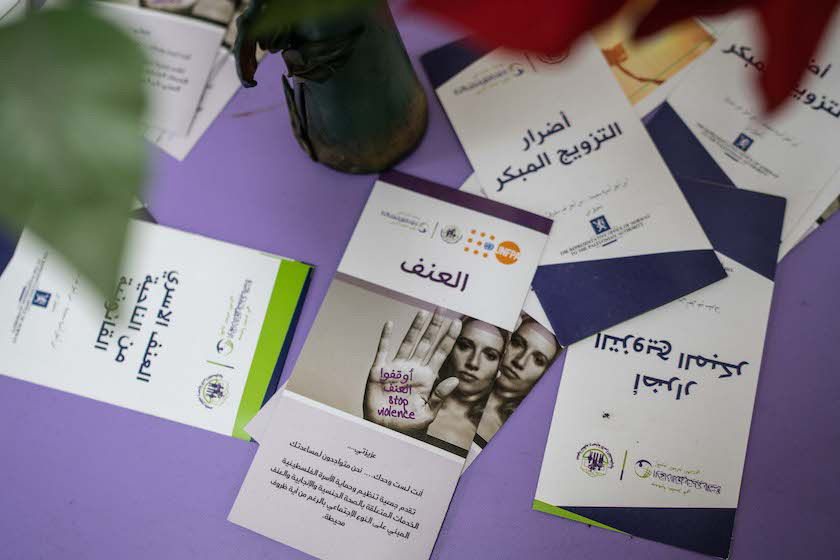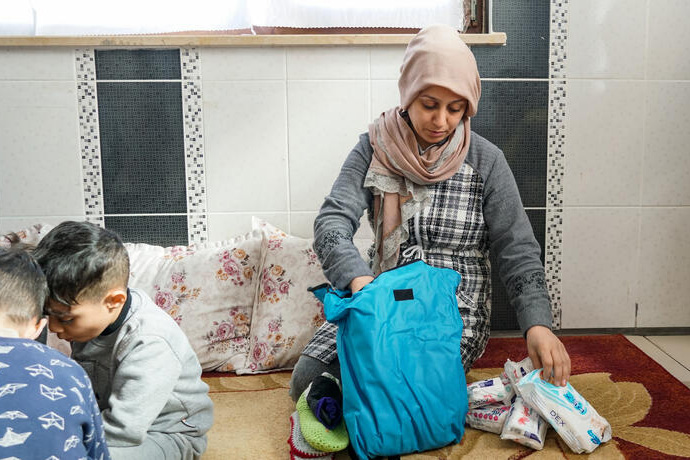UNFPA sheds light on the consequences of war on domestic violence in Ukraine and its support services to the survivors.
UNFPA
UNFPA helps us discover the real-life stories of three Ukrainian mothers who each gave birth amidst the chaos of the war in Ukraine. Anna and her 2-month-old baby trapped beneath the Azovstal Steel Plant. Maryana, a frontline medic captured by Russian soldiers in Mariupol while pregnant. Ania who gave birth in an occupied city without electricity or water and with limited medical care.
When armed groups attacked her village, seven months pregnant Tantine escaped with her family. Her luck took a turn for the better when she learned about a UNFPA mobile clinic operating in the camp.
The devastating Türkiye earthquake left pregnant women and new mothers in crisis. UNFPA has been on the ground from day one, coordinating with partners to reestablish sexual and reproductive health and protection services in Syria and Türkiye.
Period poverty
To tackle period poverty, UNFPA and its partners manufacture sanitary pads and distribute them among women and girls in The Gambia.
UNFPA is providing vital maternal health care to ensure women give birth safely as maternity hospitals in Syria are under immense strain after the recent earthquakes.
Health systems and communities are falling short in ending obstetric fistula. Gender discrimination and social marginalization create additional risks, resulting in fistula disproportionately occurring among impoverished, underserved and marginalized women and girls. UNFPA leads the global Campaign to End Fistula, a drive to transform the lives of vulnerable women and girls. The 20-year-old campaign represents a global commitment to fistula prevention and holistic treatment, including surgical repair and social reintegration and rehabilitation.
UNFPA highlights 5 reasons women and girls in Syria and Türkiye still need your support 3 months later after the devasting earthquake.
The single most important factor in stopping preventable maternal and newborn deaths: access to midwives. And yet the world is short of 900,000 of these essential service providers. Addressing this deficit could prevent two-thirds of maternal and newborn deaths, saving more than 4.3 million lives a year by 2035. What’s necessary now is the political will to expand the ranks and reach of midwives around the world. With that in mind, the UNFPA theme for the International Day of the Midwife this year is “Actioning Evidence: Leading the Way to Enhance Quality Midwifery Care Globally.”
Instead of celebrating the world’s population landmark of 8 billion people, media reports have been overwhelmingly fearful. UNFPA’s latest population report asks what is fact and what is fiction.
In a new advocacy brief, UNFPA explores how climate change disproportionately harms women of African descent and other members of marginalized communities.
Ours is a world of hope and possibility, a world where the human family is larger than ever before. 8 Billion strong. UNFPA highlights why it's making a case for reproductive rights and choices.
New data reveals population anxieties are widespread and governments are increasingly adopting policies aimed at raising, lowering or maintaining fertility rates. But efforts to influence fertility rates are very often ineffective and can erode women’s rights, according to this year’s UNFPA landmark report 8 Billion Lives, Infinite Possibilities: the case for rights and choices. As an instrument that highlights emerging issues in the field of sexual and reproductive health, the State of World Population Report 2023 also urges a radical rethink of how countries address changing demographics.
Around the world, patriarchal systems of power have long reinforced norms and ideas that drive gender inequality and its devastating manifestations, including gender-based violence. These issues impact millions of women and girls every year; in fact, one third of women globally have experienced intimate partner violence, non-partner sexual violence or both. Amid these challenges, UNFPA and Palestine’s Ministry of Health launched a new programme to educate midwives, obstetricians, doctors, and others on how to care for patients who have experienced sexual violence.
More than 9 million people in Türkiye and 8.8 million in Syria were affected by two massive earthquakes. UNFPA provides psychosocial support and and health services across temporary camps.

